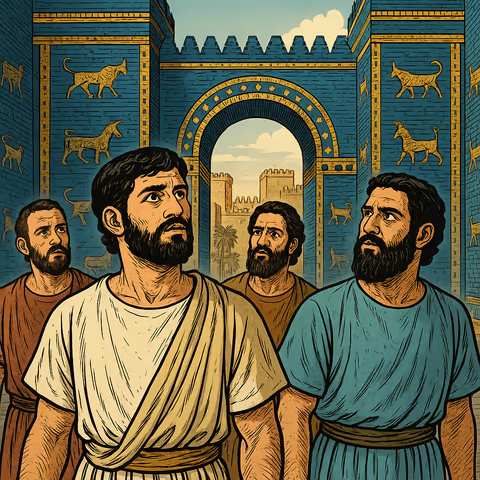
Differences in the Old Greek Version of Daniel (Chapter 1)
DaniEl Arrives in Babylon
This chapter of the ‘Old Greek’ version of Daniel contains 21 verses. Of these, 7 have differences.
There are no major differences in this first chapter. However, the minor differences are still interesting, and the Old Greek is slightly clearer, has more details, and works better as a story.
God’s Name
There are some extra possible mentions of God’s Name (in 1:2 and 1:9) where the usual Greek circumlocution is used, but they are not conclusive, because it might just be the translation style.
Abiesdri
In 1:11 and 1:16, the Old Greek names the Chief of the Eunuchs as Abiesdri. This is odd. Was his name added here in the Old Greek to enhance the text, or did someone remove it from the Hebrew? Nobody knows.
The ending
The chapter also has a longer ending, which suggests it may have been a standalone text, separate from the book, to be recounted as a complete story with a satisfying ending. Could the Old Greek of chapter one be descended from an original, separate, story about Daniel that was floating around before the book was compiled together? Maybe.
If so, it suggests that this may be a translation of an older version of the story than what we have in Hebrew, which was later edited, but this is just speculation.
Differences in Chapter One
1:1
No important differences.
1:2 (i)
The Old Greek grammar suggests a circumlocution for God’s Name, but it’s not conclusive.
1:2 (ii)
NebuChadnezzar is only spoken of putting the plundered objects into his own god’s shrine, but the Hebrew specifies that they were placed in the treasure house of his god.
1:3-4
No important differences.
1:5
Daniel and his friends would stand before the King (for inspection) after three years, but the Hebrew says they would serve after three years, which is jumping the gun a bit.
1:6-8
No important differences.
1:9
The Old Greek grammar suggests that God’s Name may have been here originally in the Hebrew as a circumlocution, but it’s not present in the Hebrew today.
1:10
The Chief of the Eunuchs mentions that the other men are foreigners too.
1:11
The Old Greek names the Chief of the Eunuchs as Abiesdri, but the Hebrew doesn’t.
1:12-15
No important differences.
1:16
Again it names the Chief of the Eunuchs as Abiesdri, but the Hebrew doesn’t.
1:17-19
No important differences.
1:20 (i)
The Old Greek says they were found 10 times better, but the Hebrew says 10 hands better.
1:20 (ii)
The Old Greek says they were better than all wise men and philosophers, but the Hebrew says they were better than all the magicians and astrologers. Perhaps the difference is cultural, or perhaps someone found comparing them to magicians and astrologers more impressive (or offensive).
1:20 (iii)
The Old Greek adds additional words at the end: ‘So [eventually] the king: Honored them, made them governors, promoted them as top advisors. They became known as the wisest men for handling affairs across his entire kingdom.’
This extra text seems to round out the story. Perhaps it’s a later addition so it works better as a standalone story, or perhaps it works better as a standalone story because it’s a translation of an older version of the story, taken from before the book was compiled.
1:21
No important differences.
 Introduction
Introduction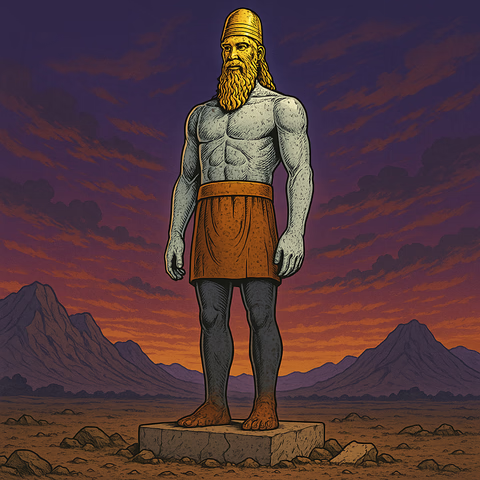 Chapter
Chapter 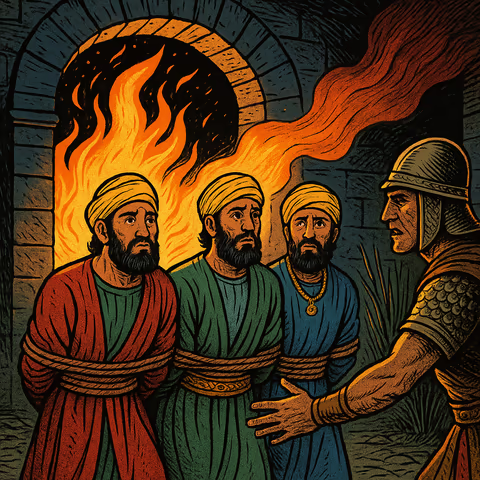 Chapter
Chapter 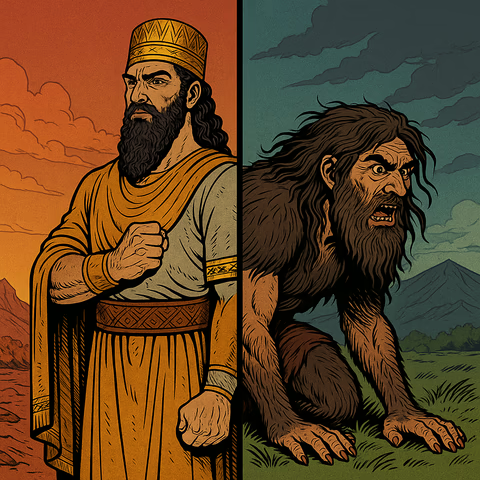 Chapter
Chapter 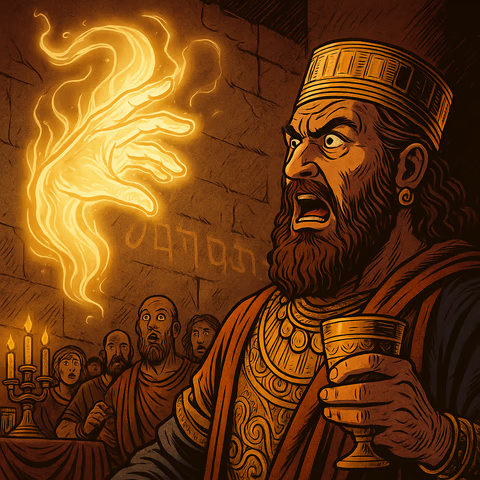 Chapter
Chapter 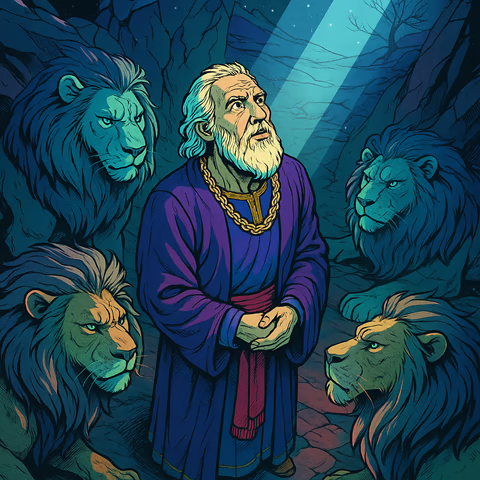 Chapter
Chapter  Chapter
Chapter  Chapter
Chapter 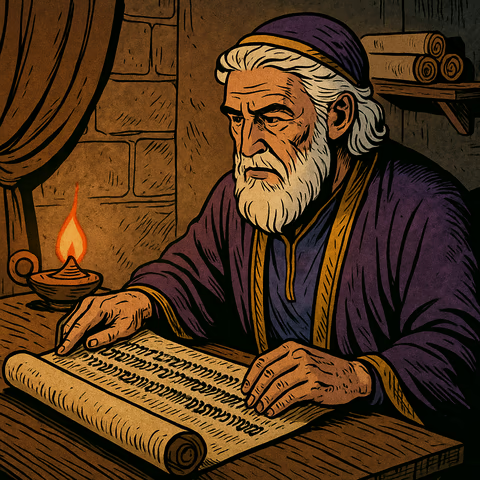 Chapter
Chapter 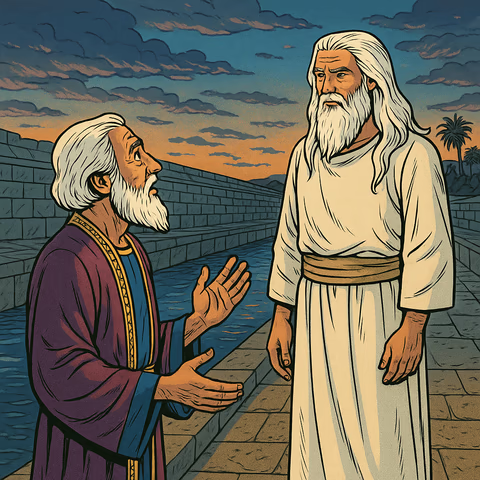 Chapter
Chapter 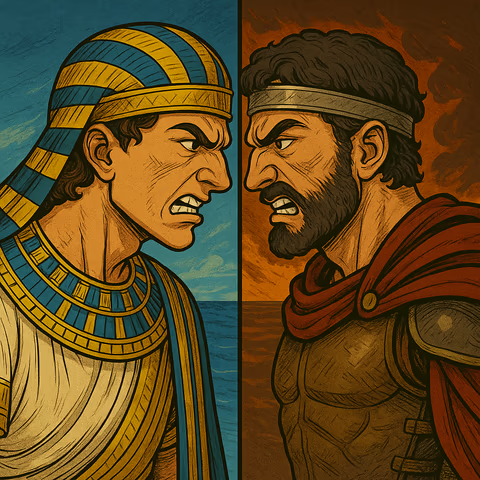 Chapter
Chapter 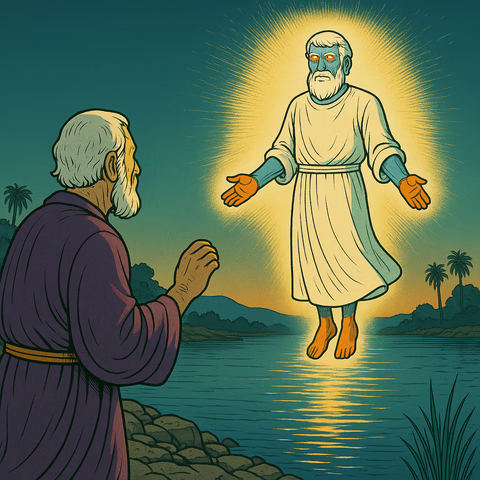 Chapter
Chapter